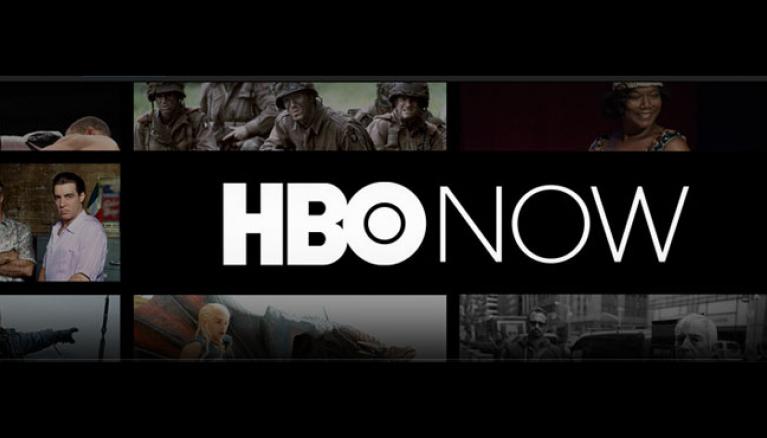Only 1% of HBO Cable Subscribers Have Cancelled and Switched to HBO Now
HBO’s standalone app “HBO Now” has been hailed a success by Time Warner, and been championed a great alternative offering by countless cord cutters who were dying to get their hands (legally) on Game of Thrones.
But an interesting data point was released today, when HBO CEO Richard Plepler stated that only 1% of cable subscribers have cancelled their standard HBO subscriptions to sign up for HBO Now; certainly not exactly what we expected to hear.
Thinking about it in more depth makes sense though, as folks with existing HBO subscriptions weren’t the ones pining for a standalone service. The loudest and most vocal folks demanding free-standing HBO were likely not already existing cable subscribers.
In other words, there wasn’t much commentary along the lines of “I’ll cancel my cable the minute there’s a standalone HBO app.” Compare that to how many folks were yelling “I just really want a standalone HBO app because I don’t have cable” and there’s a major difference in the business plan based off of the above sentiment.
So while HBO Now has seen some fantastic growth (HBO didn’t release exact subscriber numbers but held a very positive tone), cable companies likely aren’t shaking in their boots in fear of a mass exodus. At least not yet.
Peter Kafka of re/code wrote back in 2014 that these types of standalone apps will eventually flex their muscle, as they will act as a great bargaining chip against major cable companies who distribute the network’s content:
“Plepler can now try to convince cable giants like Comcast* to package HBO with its smallest bundles of TV networks, which increases the pool of potential subscribers. He might also ask for better revenue splits on the HBO subscriptions Comcast does sell.”
As we’ve joked before, eventually if you’re paying $5-10 for 6-7 standalone apps, it quickly becomes more cost-effective to just pay for a cable subscription. But at least for now, the modular nature of being able to choose a handful of apps that best serve your entertainment needs is still a major win for consumers.

